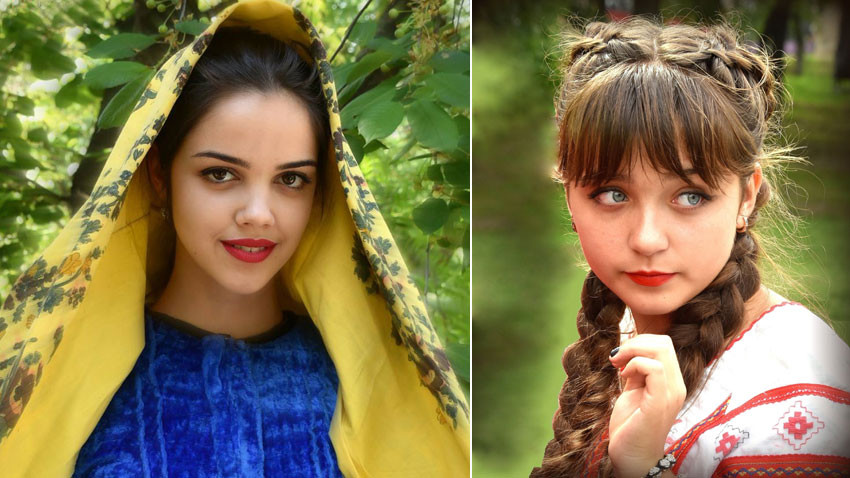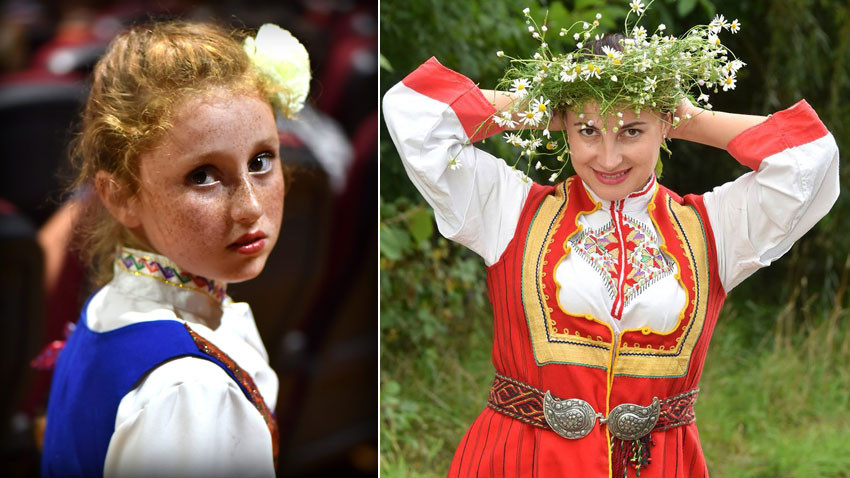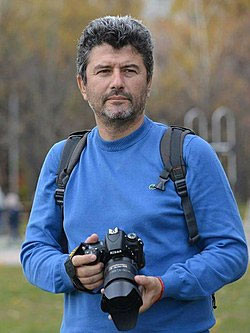There are Bulgarian communities all across the world. Some emigrated, forced by the communist regime in Bulgaria, or the lack of perspectives after the end of the regime in 1989, while others are dreaming about Bulgaria, although they have no memories of their fatherland as they have never visited it.
Many Bessarabian Bulgarians gather knowledge about Bulgaria from their grandparents and keenly guard and transmit Bulgarian traditions and customs inherited from previous generations. They do it because this is a natural thing for them, not because it is a popular trend. An occasion to talk about this ethnic community living in the lands of present-day Moldova and Ukraine since 1820, is the Day of Bessarabian Bulgarians, which we mark on October 29. The date has not been chosen by chance. In 1838, on this date, the church of "Holy Transfiguration of God" in the Ukrainian city of Bolgrad was opened. The church was built for five years with the help of 10,000 Bulgarians who invested their labor for its completion. Later, in 1938, the day was officially declared a holiday, according to the idea of secretary of the local Patriotic Movement "Father Paisii" – Dimitar Todorov.

This year, the celebration of the Day of Bessarabian Bulgarians passes under the sign of two anniversaries - 180 years since opening of the Bolgrad Cathedral "Holy Transfiguration of the Lord" and 160 years since the establishment of the “Georgi Rakovski” High School in Bolgrad.
On the occasion of the day of the Bessarabian Bulgarians a remarkable photo exhibition by photographer Asen Velikov has opened. It is entitled "Bessarabia - a source of beauty and patriotism" and includes 30 photographs capturing the smallest details of the faces and costumes of people in them. A poem, written in Bulgarian by Bessarabian poets and selected by the poet Tanya Atanasova, is attached to each of them. The Ethnographic Museum in Sofia is host of the exhibition, which continues until November 5.

Meeting with Bessarabian Bulgarians at their congresses in Moldova and Ukraine and the preparation of the exhibition devoted to their lifestyle, has helped photographer Asen Velikov fulfill one of his old dreams because:
 “I have seen something we have forgotten. I was very happy because they speak interesting Bulgarian language, preserved for some 200 years ago. They use some special old words for mother, father and man. The main part of the Bessarabian Bulgarian community came from the Sliven-Yambol region of Bulgaria. I later learned that there was also a big migration wave from Strandzha region but these people decided to settle in the Crimea. They nurture nostalgia for their fatherland, and have a very pleasant lifestyle. The very fact that they define themselves as Bulgarians should make us more open to them.”
“I have seen something we have forgotten. I was very happy because they speak interesting Bulgarian language, preserved for some 200 years ago. They use some special old words for mother, father and man. The main part of the Bessarabian Bulgarian community came from the Sliven-Yambol region of Bulgaria. I later learned that there was also a big migration wave from Strandzha region but these people decided to settle in the Crimea. They nurture nostalgia for their fatherland, and have a very pleasant lifestyle. The very fact that they define themselves as Bulgarians should make us more open to them.”
Undoubtedly, authorities in this country must pay more attention to Bulgarian communities abroad, taking into account not only the reasons for them to live abroad but also creating conditions for their realization in this country. A noticeable change in policy and attitudes towards Bulgarians in countries outside the European Union would be a facilitated procedure for obtaining Bulgarian citizenship. This will allow Bessarabian Bulgarians to visit the land of their parents and grandparents more easily, as well as to start living and working in Bulgaria if they wished to do so.
English: Alexander Markov
Photos: Asen VelikovPresident Rumen Radev's "Support a Dream" charity initiative has attracted the support of musicians, stylists, designers and donors, the head of state's press secretariat said. A prom hosted by the president each spring brings together high school..
The Speaker of the National Assembly Natalia Kiselova will today award the winners of the 32nd Children's Easter Festival in the Serbian town of Bosilegrad. The children will compete in three categories – for the strongest, most beautiful and most..
A colorful Easter celebration under the slogan “Let’s sing and dance on Easter, on the square” will take place today in the open air in the town of Stara Zagora. A number of folklore groups and singers from the region will take care of the good..
The Speaker of the National Assembly Natalia Kiselova will today award the winners of the 32nd Children's Easter Festival in the Serbian town of..
A colorful Easter celebration under the slogan “Let’s sing and dance on Easter, on the square” will take place today in the open air in the town of Stara..
President Rumen Radev's "Support a Dream" charity initiative has attracted the support of musicians, stylists, designers and donors, the head of state's..

+359 2 9336 661
